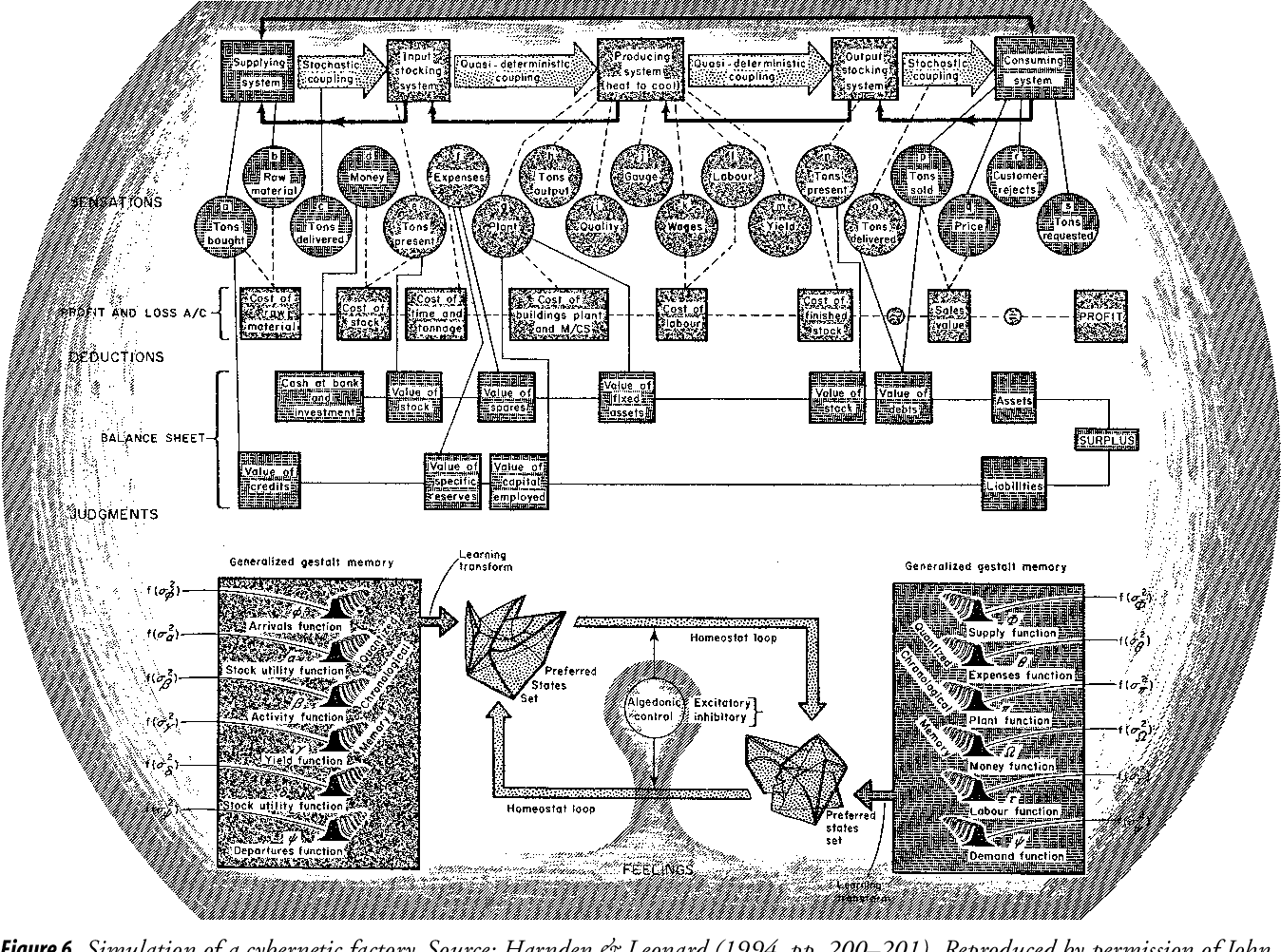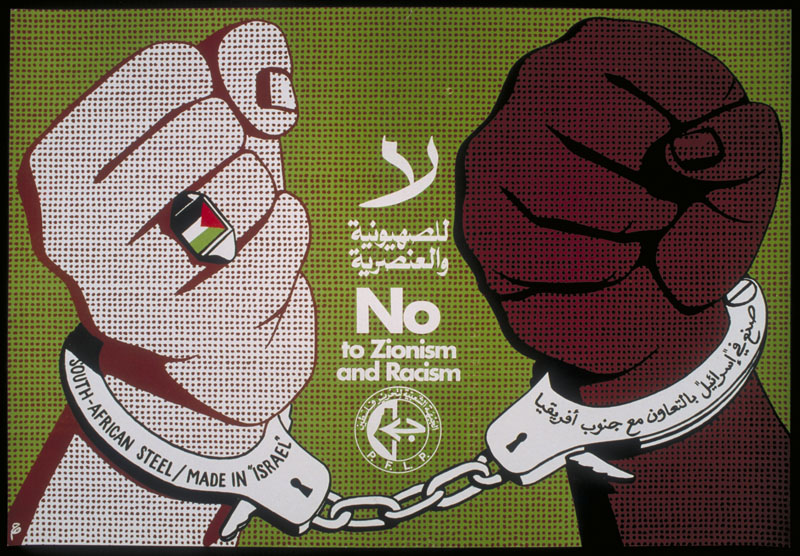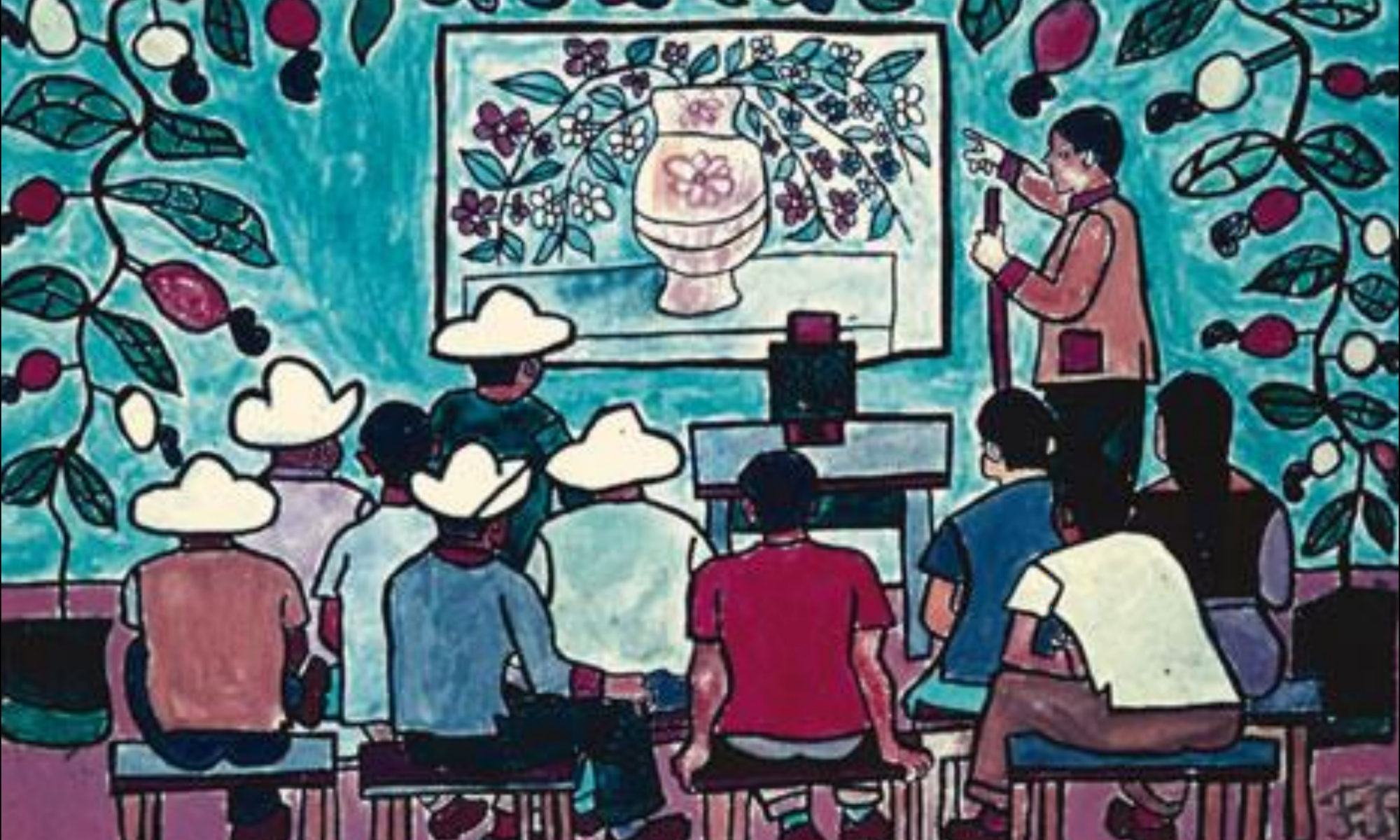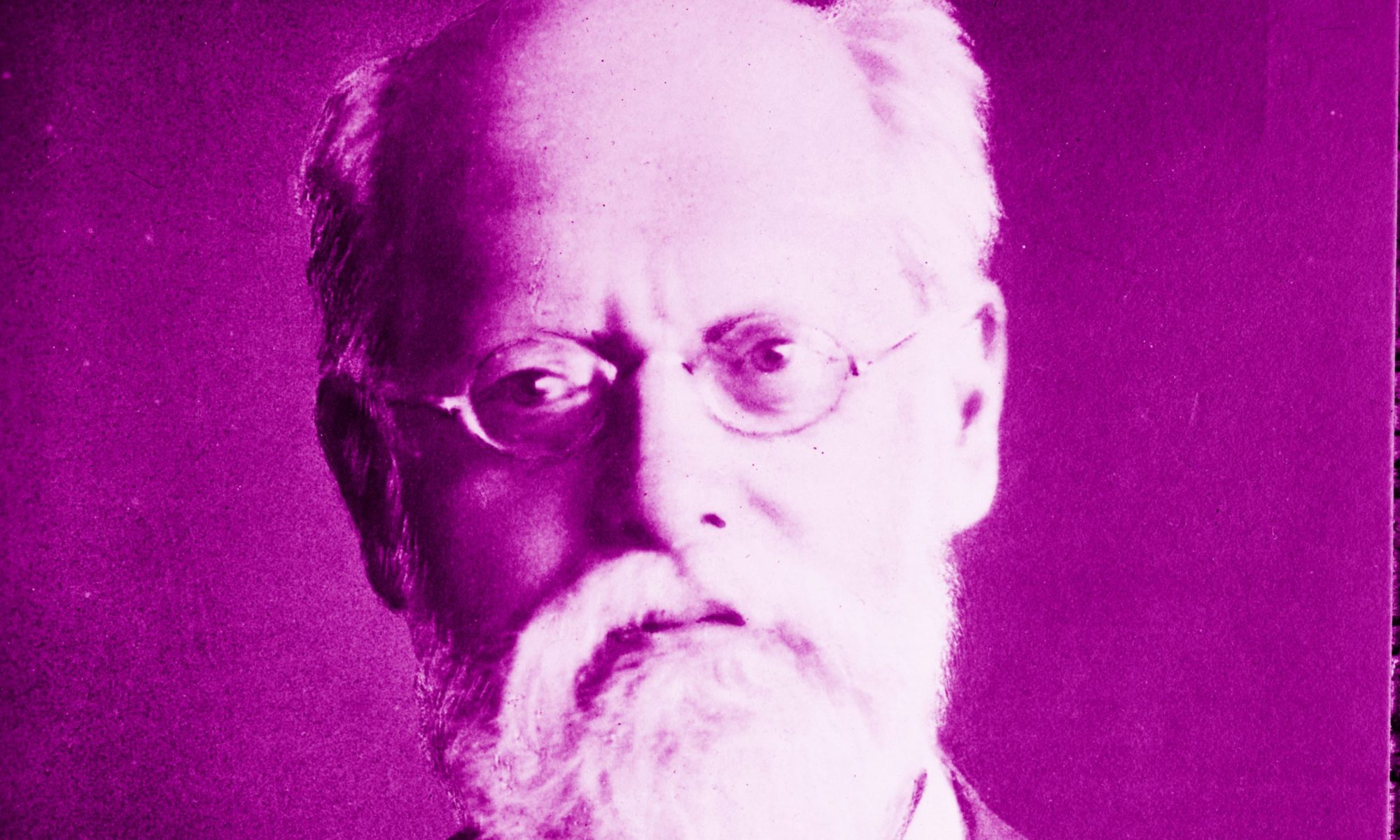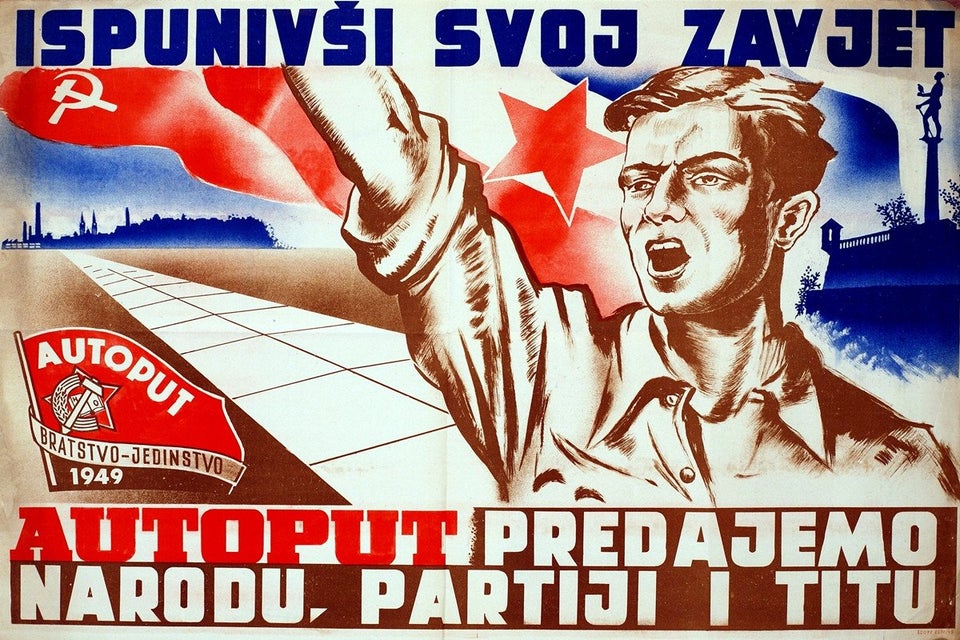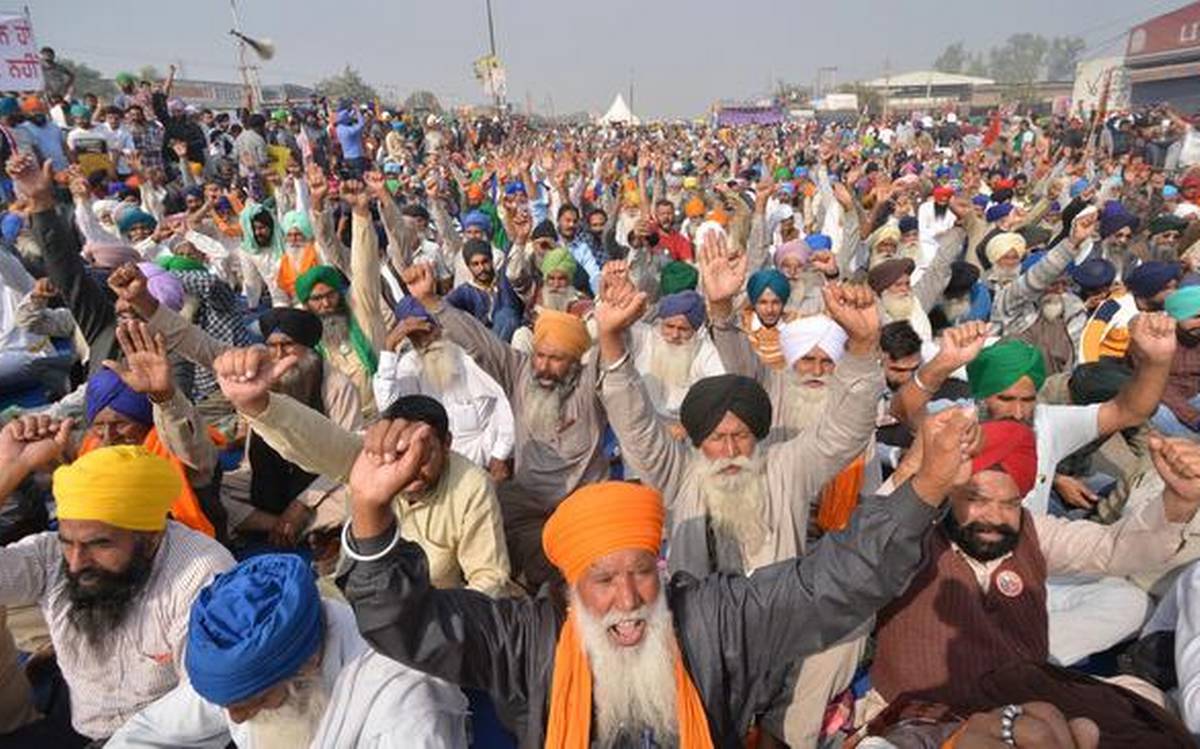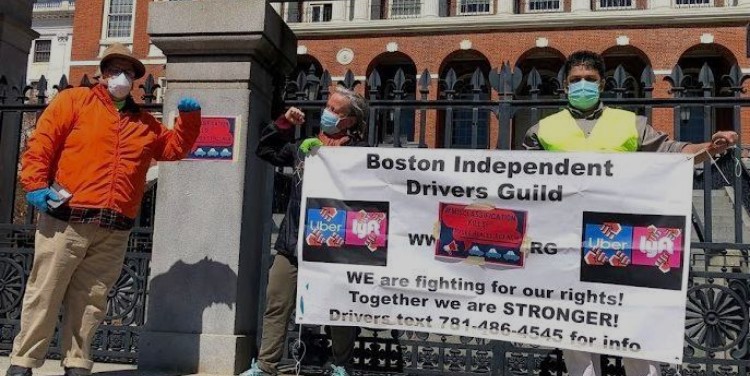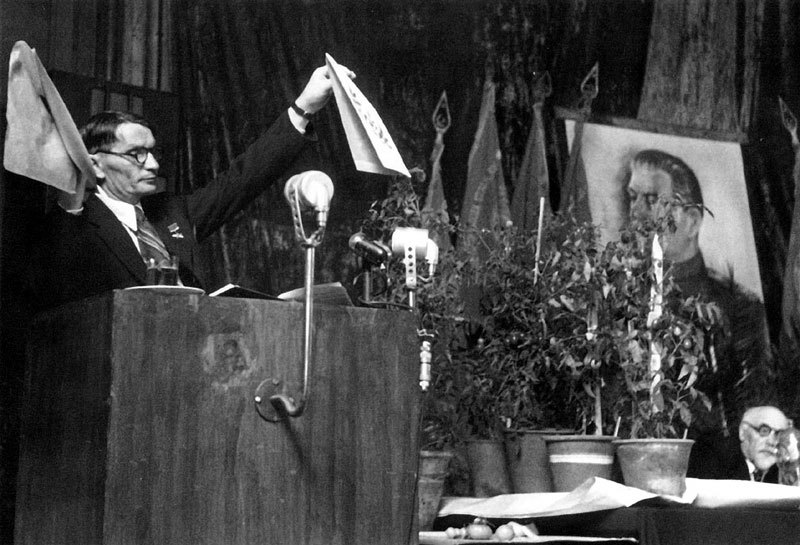Amelia, Jake, Steve and Rudy sit down for a discussion of what experiences in organizing brought them to be interested in Cybernetics and Beer’s viable system model, and how they try to think through the structures of the organizations they currently are members of in Beerian terms. They discuss the dichotomies of centralization/de-centralization and here/now vs then/there, and how to balance them as well as the need for regulation in organization in the shape of arbitration and policies.
Stafford Beer’s Designing Freedom Massey Lectures and his Falcondale Lectures are good places to begin with his work. A 10-min explanation is also provided by Auxiliary Statements.
The General Intellect Unit podcast also features prominently in our discussion as a resource.

